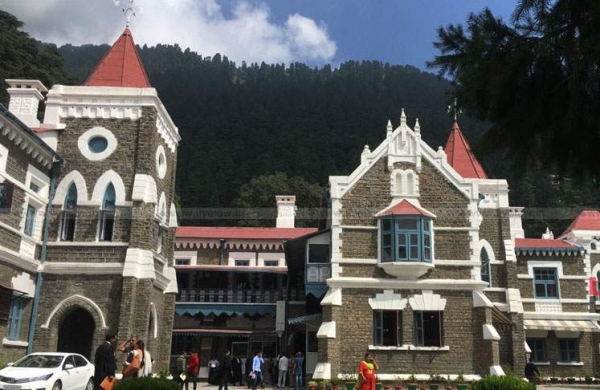Synopsis: The High Court upheld the legality and constitutionality of the Uttarakhand Char Dham Devasthanam Management Act, 2019 in its July 21 judgement.
Appeals were filed in the Supreme Court against the judgement of the Uttarakhand High Court to the takeover of the Char Dham sites and 51 other shrines by the state government.
The High Court upheld the validity and constitutionality of the Uttarakhand Char Dham Devasthanam Management Act of 2019 in its July 21 judgement.
Through Advocate Suvidutt MS, the appeals filed by People for Dharma and Indic Collective mentioned that Section 2(d) of the Act, which provides for the management of Char Dham by the Devasthanam Board constituted under the Act, “leaves no ground, in accordance with Article 25(2) of the Constitution, to maintain that rule.”

The pleas state that existing laws and by-laws in relation to the Temples of Badrinath and Kedarnath have already split the secular and religious management of these shrines, adding that no special law is needed for Uttarakhand. In addition, under these laws, the state government also had the requisite powers to ensure that secular practises relevant to them were maintained and properly controlled.
The petitions claim that the High Court has erred in upholding the validity and constitutionality of the challenged Act “because its provisions are arbitrary and violate the fundamental rights of all devotees of the Chhota Char Dham shrines.”
It has been stated, that on the advice of a Board that over and above has state functionaries and those appointed/nominated by the secular state as its representatives, the power to include further temples and levy of cess is violative of the citizens’ rights to administer their religious institutions as a whole. Such arbitrary authority vested in the Board violates the right of the devotees to maintain a religious pilgrimage and its holiness.
It is claimed further, that Article 26 is a special right created for the defence of the rights of denominations and sects within a society, but it does not prohibit the general right of communities or devotees pursuant to Article 25 to set up and administer their religious institutions in accordance with their right to practise their religion.
The 2019 Act entrusted a Board with the leadership of various Hindu temples in Uttarakhand, whose chairman and members are elected by the state government in general.
It replaced an Act of 1939 which related only to the temples of Badrinath and Kerdarnath. In addition to these temples, the Gangotri and Yamunotri Dhams in Uttarakhand were also added by the 2019 Act.
Apart from arguing that the 2019 Act violates Articles 14, 25, 26 and 31-A of the Constitution, Swamy argued that, preferably, after consulting the heads of the religious institutions concerned, a central law should have been adopted.
However, the High Court had found that no proof was provided to indicate that any religious institution belonged to the temples under the 2019 Act, and that the law did not violate the rights of devotees.

